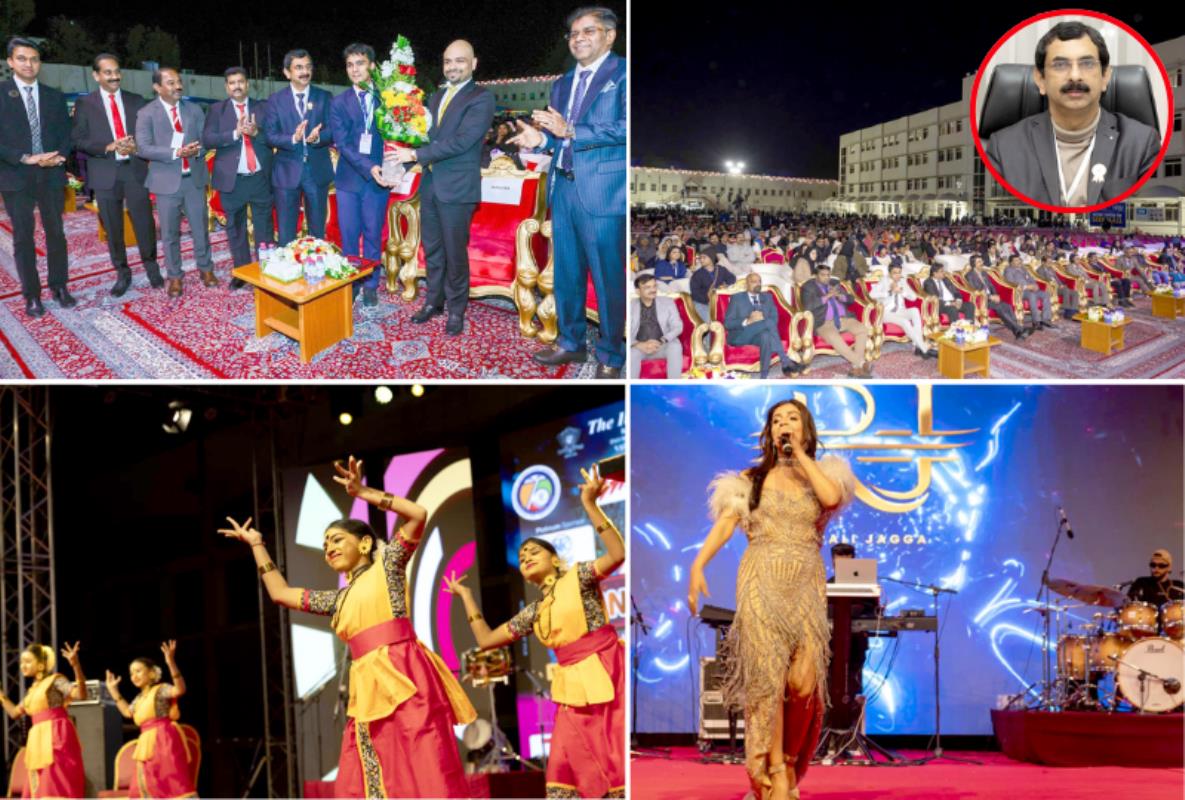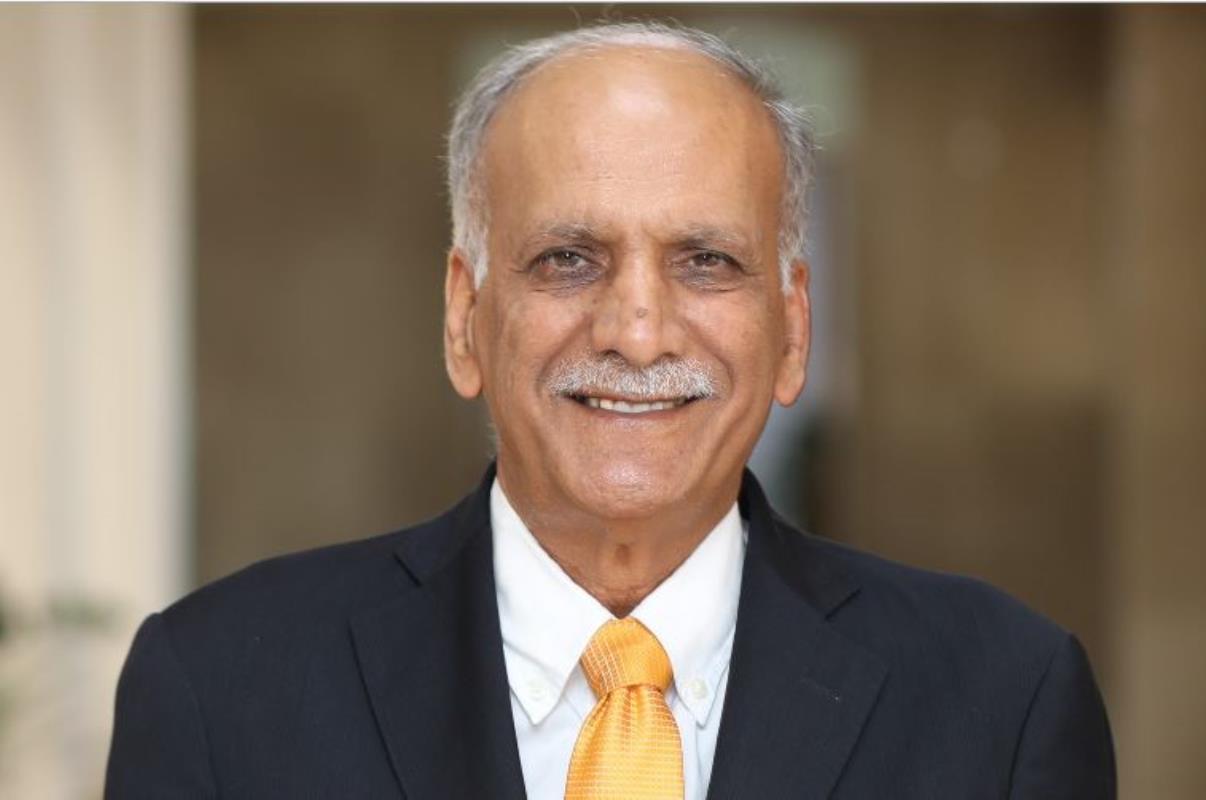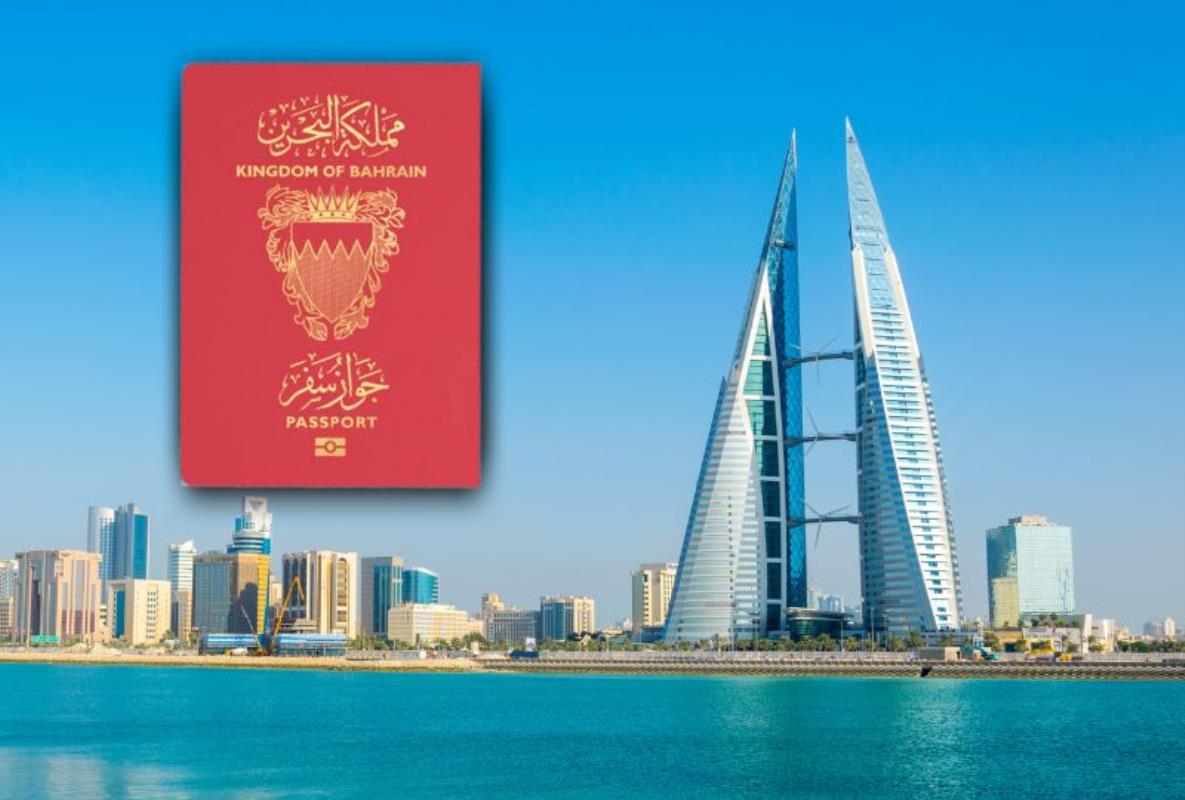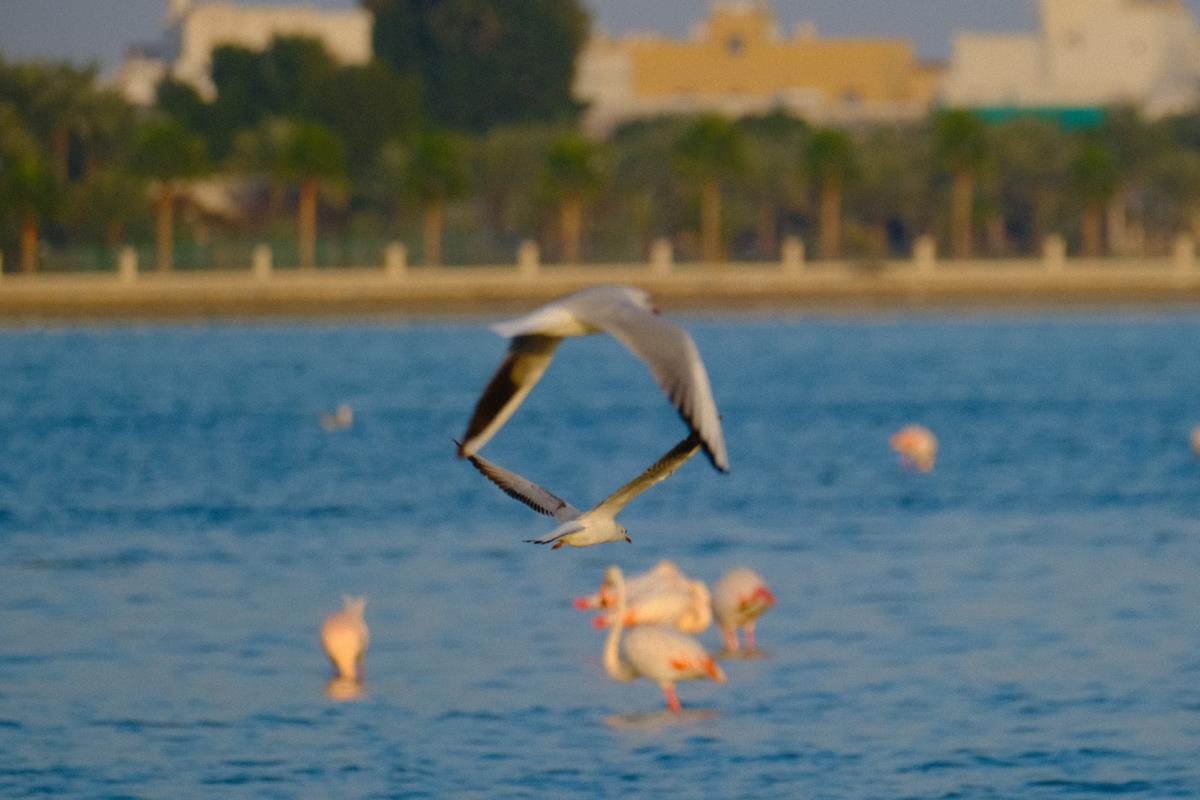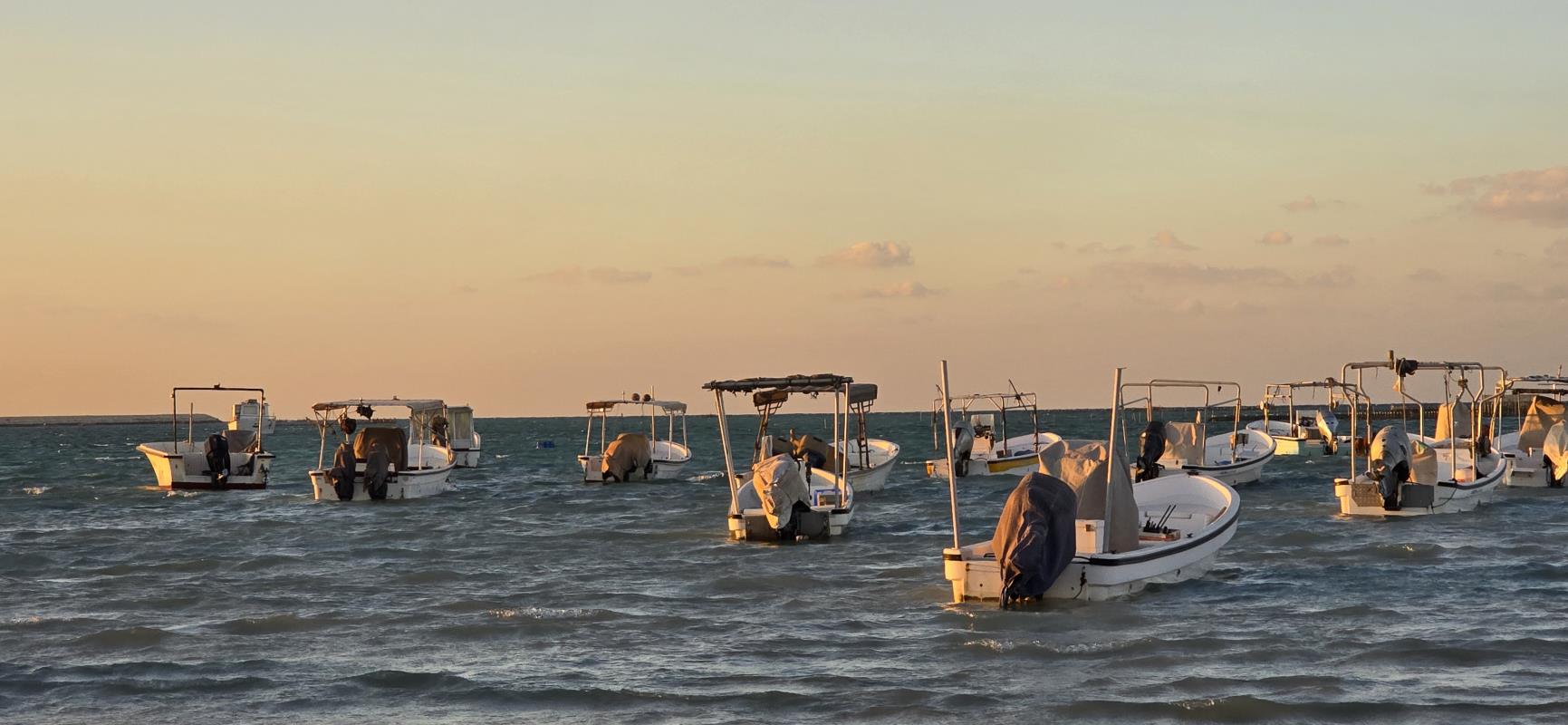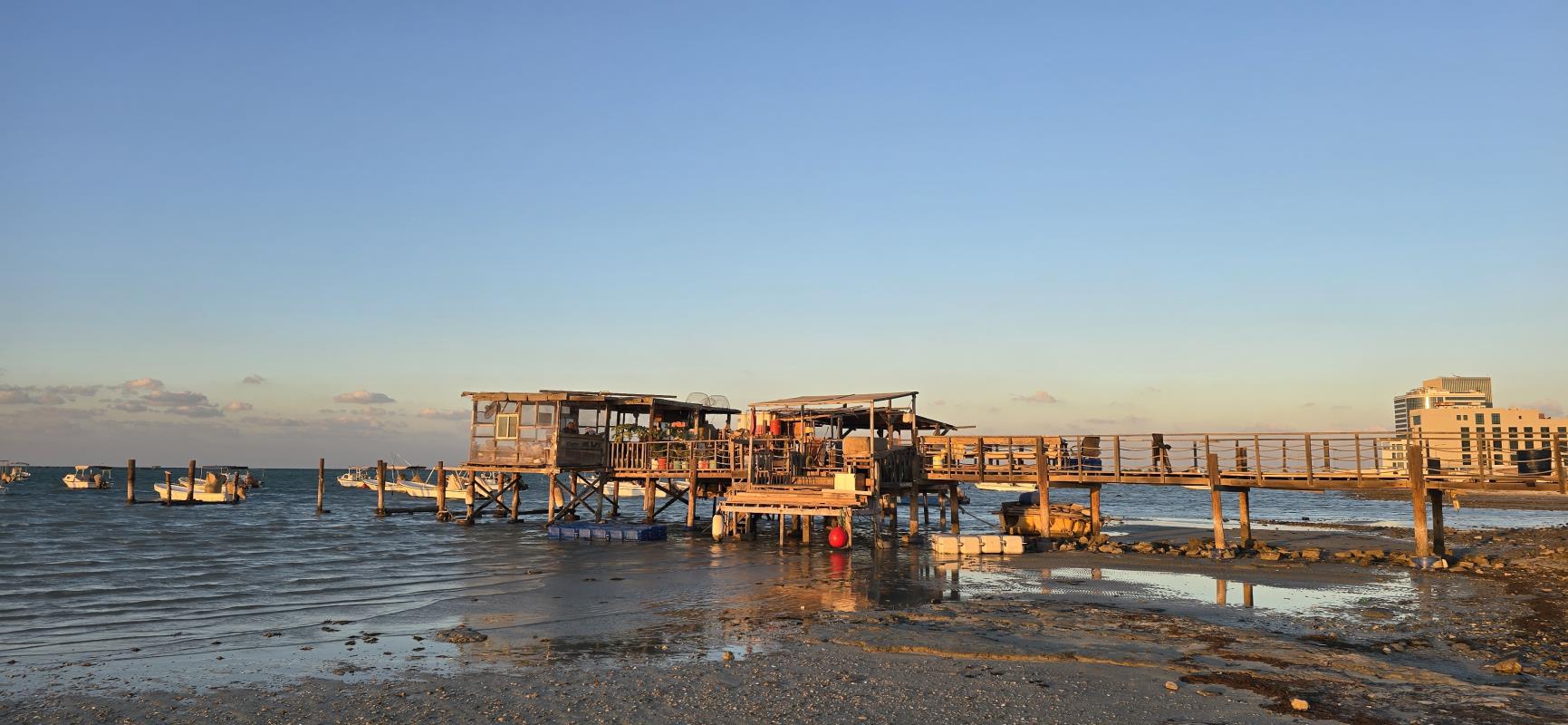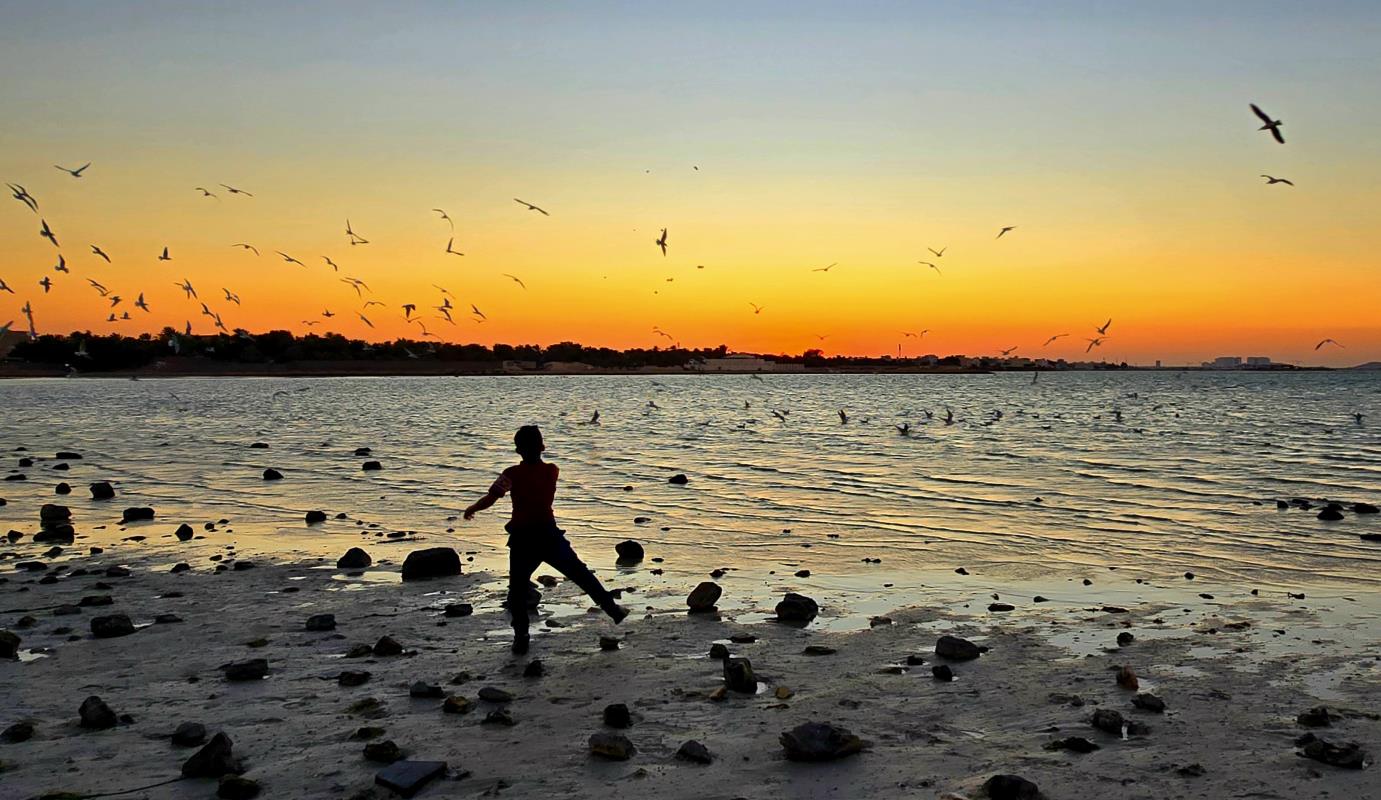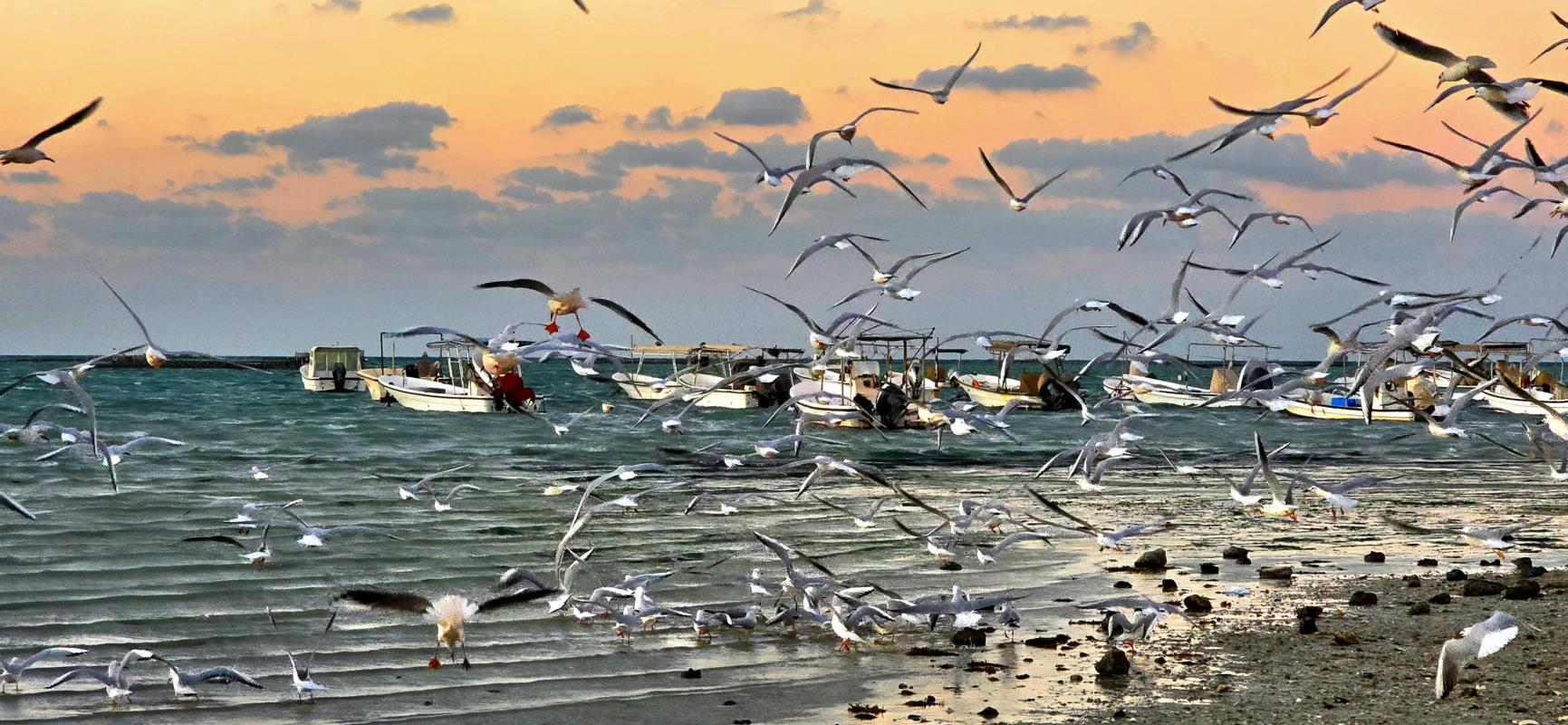With a large population of gamers, major esports events, recent investments, and ambitious initiatives in Saudi Arabia and the UAE, the region is solidifying its position as a force to be reckoned with in the esports industry

The gaming industry is experiencing massive growth, with an estimated 3 billion gamers worldwide. However, there is still significant untapped potential, with only 500 million identified as esports fans. BCG's latest gaming report titled ‘Let the Game Begin: How Esports is Shaping the Future of Live Entertainment', explores the emerging power of esports and its potential in the Middle East.
Esports, while drawing parallels with traditional sports, is centered around competitive video gaming. Unlike traditional sports, esports has a unique ecosystem that includes game publishers and licensing partners. Each game has its own set of rules and tournament structures. Esports has emerged as a dominant form of entertainment, captivating audiences both online—with events racking up over 100 million hours watched—and in-person, as evidenced by the rapid sell-out of tickets for major live tournaments. The industry has witnessed a rise in both the number and caliber of tournaments, with notable increases in prize pools over the years. As of now, the esports audience stands at 500 million, a fraction of the global gamer population, indicating the potential for further growth in the sector.
The report highlights the Middle East as an emerging force in the world of esports, offering significant potential for the industry. The region boasts a large population of gamers and a track record of recent investment, making it a promising destination for the global esports ecosystem. Saudi Arabia is at the forefront of the esports industry in the Middle East, captivating audiences with the creation of the largest independent esports event, Gamers8. With 12 esports competitions hosted during 2023 with an unprecedented $45 million prize pool, Saudi Arabia is demonstrating its commitment to esports and support for esports clubs and athletes.
With gaming hubs and prestigious global events, the UAE has also become a hub for esports. Abu Dhabi Gaming serves as the home for the Nigma Galaxy esports club and has hosted top-tier events like the BLAST Premier World Final for CS:GO. Dubai has cemented its status as a premier esports destination by hosting the electrifying PUBG Global Championship in 2022. Additionally, the region has its own captivating local events, such as the Dubai Esports Festival, the Games for Change summit in Abu Dhabi, and an anime and gaming festival in Al Ain.
Alexander Schudey Managing Director and Partner at BCG said: "The Middle East's emergence as a leader in esports is a testament to the region's dedication and investment in the gaming industry. With its large population of gamers and a thriving esports ecosystem, the Middle East is set to shape the future of live entertainment. The ambitious initiatives undertaken by countries like Saudi Arabia and the UAE demonstrate their commitment to positioning the Middle East as a global hub for esports. These forward-thinking moves will not only attract global audiences but also pave the way for local talent to flourish in the world of competitive gaming."
The Middle East's involvement in esports is noteworthy. However, the esports industry itself is multifaceted with various stakeholders, especially game publishers. This intricate landscape demands a deep understanding of its dynamics.
The Complex Ecosystem of Esports and the Middle East's Holistic Engagement:
The esports industry is characterized by its intricate ecosystem, comprising various stakeholders, each playing a pivotal role in shaping its future. For the Middle East to solidify its position in this landscape, a holistic engagement with all these stakeholders is imperative.
Stakeholder Contributions in the Esports Industry:
- Esports Clubs: Globally, esports clubs are undergoing rapid professionalization, with top-tier teams emerging across a variety of games. Many clubs, including several in the Middle East, are diversifying their business models, evolving into media and entertainment entities.
- National Governments: Some governments worldwide recognize the potential of esports. The Middle East, particularly KSA, is actively embracing this trend, showcasing their commitment to the esports industry.
- Multi-national Bodies: Organizations like the IOC are considering the inclusion of esports in their agendas, further validating its significance. Their endorsement can elevate the status of esports on a global scale.
- Esports Federations: These federations are crucial for talent development, implementing programs to identify and nurture potential esports athletes. In the Middle East, such initiatives ensure a sustainable career trajectory for individuals in esports.
- Brands: Brands are tapping into the esports fervor, using it as a channel for product promotion. Their involvement not only provides financial backing but also enhances the overall viewer experience through sponsorships and partnerships.
- Media Companies: Media entities are leveraging the esports trend to diversify their content. For instance, Time Warner/Telefonica's Movistar esports aims to dominate Spanish-speaking esports content. Such endeavors amplify the reach of esports, making it accessible to a broader audience.
The scale of esports continues to expand, it's attracting attention from diverse stakeholders. Their collective efforts, especially in the context of the Middle East, are instrumental in driving the industry forward, offering unique content and marketing opportunities.
As the esports industry continues to mature, it faces challenges in finding a sustainable business model. Concerns include alignment and investment, as well as the lack of unified rules supporting esports athletes. However, the forward-thinking initiatives undertaken by countries like Saudi Arabia and the UAE demonstrate their commitment to support global stakeholders in solving these challenges and bring sustainability to the whole esports ecosystem, and if they succeed, it will position the Middle East as a global hub for esports.



















































